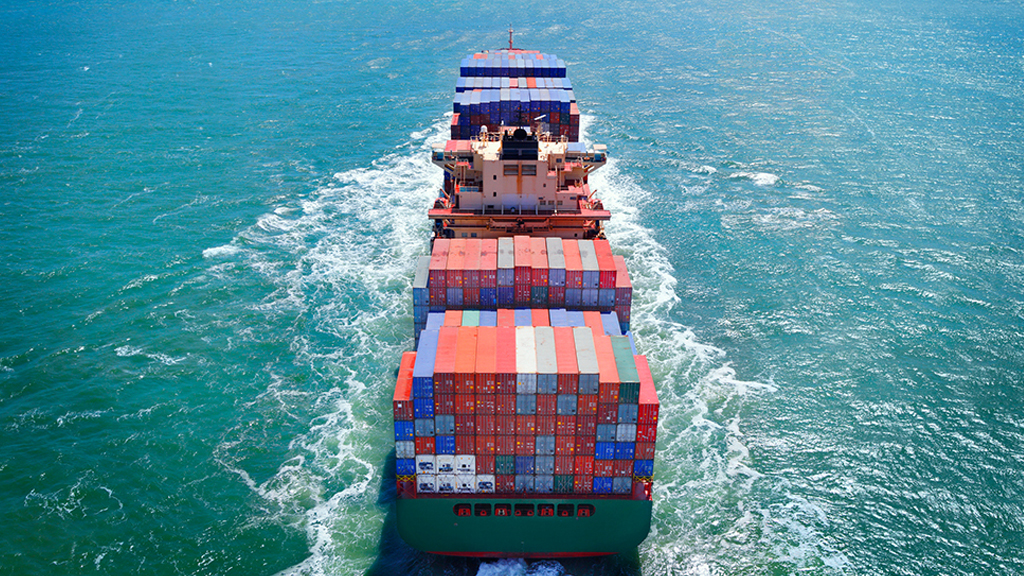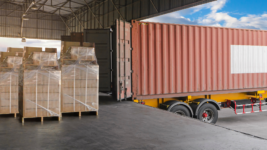The international shipping market is about to get even more complicated, and potentially costly. Starting January 1, 2020, the worldwide cap on sulfur imposed by the International Maritime Organization will take effect. This means, either carriers will have to burn low-sulfur fuel or install costly (anywhere from $1 million to $5.5 million for equipment costs alone) scrubber devices that remove sulfur from the exhaust. Industry forecasts are still unsure of the exact monetary impact this will have, but all agree that costs will rise. And if we predict the future based on events of the past, radical changes have to be made for carriers to stay in business.
Typically when fuel costs rise, the customer is the one ending up paying more. But ocean carriers don’t have a good history of successfully passing along fuel cost increases to customers. Forecasts are predicting anywhere between a 30 percent to over 55 percent increases in fuel costs, as carriers without the foresight or the means to install scrubbers will be forced to purchase the more expensive low-sulfur bunker fuel. Previous attempts to create transparent fuel surcharge formulas haven’t worked as customers suspect carriers of revenue creation over cost recovery.
We’re predicting a drastic shift in this practice, simply because shipping lines can’t handle a 30% increase in fuel costs and stay above water, pun very much intended. Shippers could see anything from a capacity crunch, similar to the current state of the Truckload market, to monthly or weekly fuel surcharge increases. Due to port congestion from tariff increases, we’ve already seen the former to some extent.
Now is a good time to ask yourself where you stand with your carrier. What is your relationship like? When was the last time you visited their headquarters? Are you being a good customer by fulfilling minimum quantity commitments and accurate volume forecasts? Are you bailing on these commitments with preferred carriers when the spot market rates are better?
AFS offers comprehensive import and export consultative and management services from a team of industry experts with decades of experience in the business. With access to proprietary rates and a global freight network, as well as other value-added service options like Customs Records Management and Risk Management services, AFS can help you navigate a volatile and frankly, chaotic market in the wake of trade wars, sulfur caps and whatever else surfaces next. Give us a call at 877-242-3383 or email us at [email protected] to get started.




